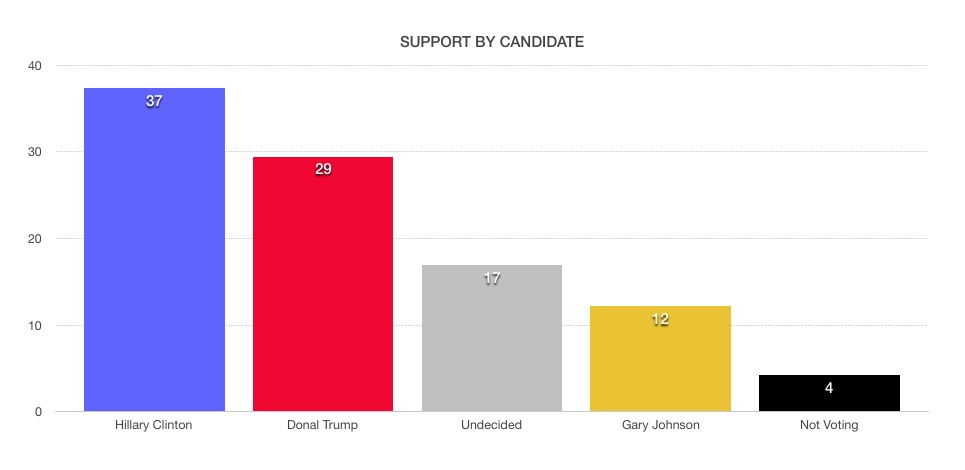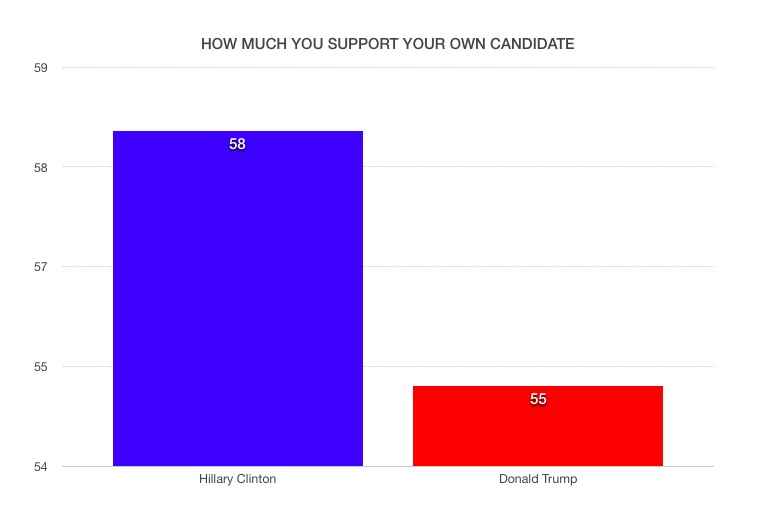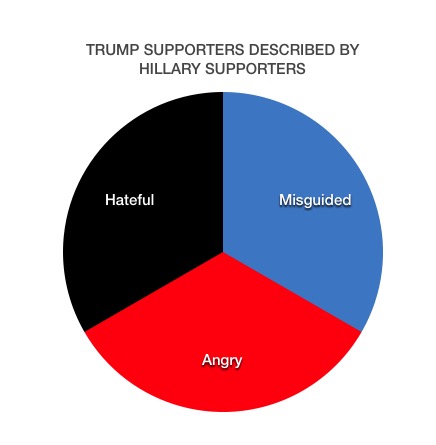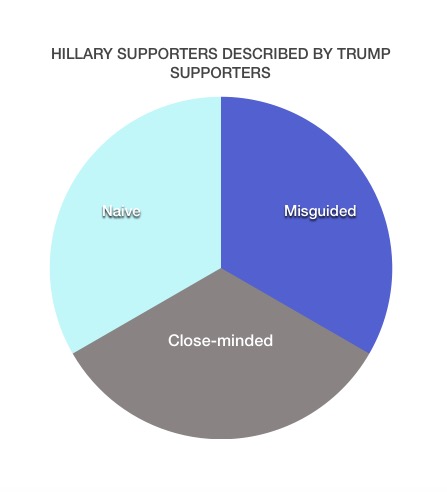A new study by Downtown Brooklyn–based data analysis company Frontier7 set out to figure out what is going on with the country’s politics.
Here’s a striking finding: The group’s recently published results show some indication of a decline in complex thinking, and the desire to not expend the effort to view things from a perspective different from that which you already do.
The two cofounders of Frontier7 also have interesting backgrounds from which to view American politics. Tim Lawton is a long-haired former Army Ranger; Naira Mussallam is a Palestinian-born former statistical analysis professor at NYU.
“While there is no shortage of electoral polling out there, we think there has been little work done to understand the sentiments of the American society,” Mussallam said in an email. “We think at times like these, it is important to understand the underlying drivers and sentiments that are compelling citizens to vote certain way. We are deploying our technology Frontier7 coupled with our expertise in psychological measures to gain better understanding.”
Last month we announced the study, which, in total, got responses from several hundred people.
To the study! All forthcoming text comes from a blog post by Frontier7 explaining their findings. All images were made by Technical.ly Brooklyn using data from the study:
Our first step at Frontier7 was aimed at diagnosing overall voter sentiment. We used our platform to engage through various social media outlets, asking voters to answer a brief set of questions. In short order we had hundreds of responses.

In a striking example of the tone of this election, we found that most people aren’t even satisfied with the nominee for whom they plan to vote. When asked about the overall satisfaction with their choice (on a scale of 1 to 100)

We did uncover some good news in the data. Supporters of both Hillary Clinton and Donald Trump have actually found some common ground: Everyone else is misguided.
We presented all voters with 20 personality characteristics, ten positive and ten negative, and asked them to select “those characteristics that describe the other nominee’s voters”. The highest rated item across both groups was characterizing the others as “misguided”.


In this election there is an increasing lack of complexity in perceiving the other groups. This is when people shut down, don’t process new information, and don’t engage in thoughtful ways. It is ultimately the problem that the American society faces.
America has become more and more subject to group centric thinking and more myopic in respective viewpoints. We have seemingly lost the ability to entertain different perspectives and place them into the larger context of domestic and international policies.
Americans have a good amount of work to do to rediscover each other. We need to listen. We need to ask ourselves what is beneath each other’s ideas, what is it that has given rise to who we are as individuals and what each of us believes. In order to better understand one another, a level of empathy is required. Only then will our candidates rise to the occasion to deliver better policies, and a better America.
Before you go...
Please consider supporting Technical.ly to keep our independent journalism strong. Unlike most business-focused media outlets, we don’t have a paywall. Instead, we count on your personal and organizational support.
Join our growing Slack community
Join 5,000 tech professionals and entrepreneurs in our community Slack today!
